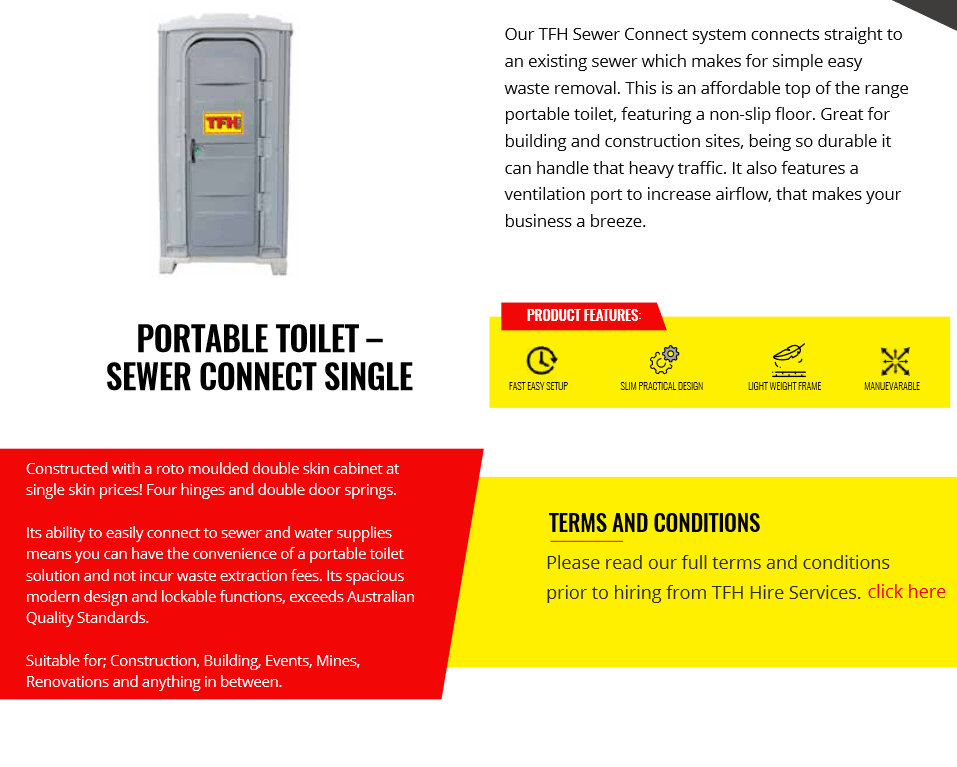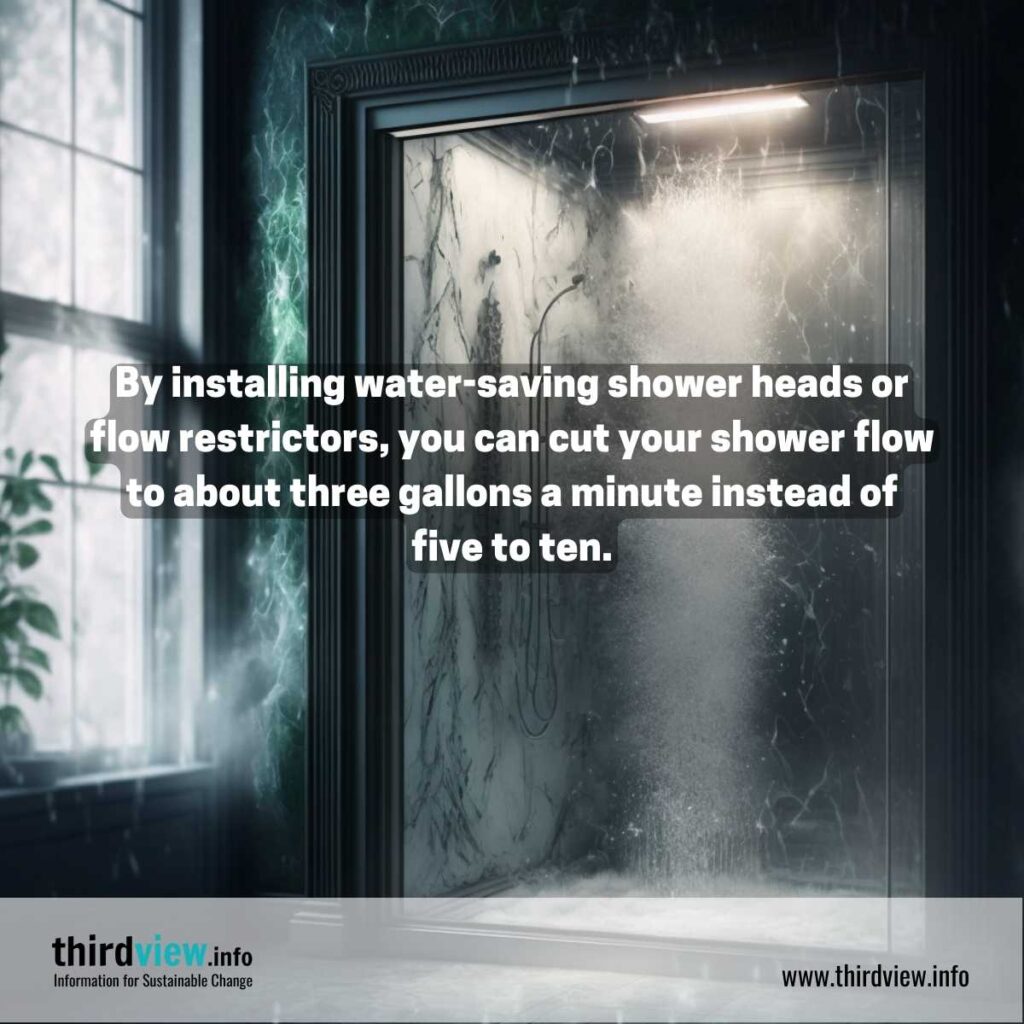Reclaim Waste - Questions
Table of ContentsThe Main Principles Of Reclaim Waste Not known Details About Reclaim Waste Indicators on Reclaim Waste You Should KnowAn Unbiased View of Reclaim WasteThe Definitive Guide for Reclaim Waste
Explore the types, incidents, and forms of liquid waste. Residential sewer waste describes the waste and products from a residential septic container. This type of waste is developed by people in residences, institutions, and various other structures. This only consists of septic containers that have a drainpipe area. The proper administration and disposal of domestic sewage waste require fluid waste to be transferred to a sewer therapy plant where the appropriate methods and tools are used to purify and throw away waste.
Commercial waste often includes prospective dangers, such as flammable materials or a mixture of fluid and strong waste items, and requires an advanced and comprehensive disposal process. The disposal of business waste typically entails the filtration of waste before transport to ensure safe and proper disposal. Hazardous waste is produced from by-products and drainage of commercial processes and production.
This kind of waste can not make use of the same sewer monitoring transportation or processes as septic or business liquids. The hazardous waste monitoring process requires the evaluation and testing of liquid waste before it undertakes the disposal procedure (liquid waste removal). Drainage waste is the fluid waste that originates from overflow and excess stormwater in highly inhabited areas or cities
Runoff waste can create contamination and flooding if not dealt with properly. Find out more regarding sewer cleansing and waste monitoring. Making sure proper waste administration can prevent catastrophes and minimize environmental harm. Both individuals in domestic setups and professionals in business or production sectors can take advantage of understanding the procedures and guidelines of liquid waste management.
All about Reclaim Waste
Contact PROS Solutions today to find out regarding our waste administration and disposal services and the appropriate methods to look after the liquid waste you create.
This so-called 'wastewater' is not just a crucial source yet, after treatment, will certainly be released to our land, rivers or the ocean. Made use of water from toilets, showers, baths, cooking area sinks, laundries and industrial processes is known as wastewater.

water utilized to cool down equipment or tidy plant and equipment). Stormwater, a form of wastewater, is runoff that flows from farming and metropolitan locations such as roof coverings, parks, gardens, roads, courses and gutters into stormwater drains, after rain. Stormwater flows without treatment directly to regional creeks or rivers, eventually getting to the ocean.
How Reclaim Waste can Save You Time, Stress, and Money.
In Queensland, many wastewater is treated at sewage therapy plants. Wastewater is carried from domestic or commercial sites via a system of drains and pump terminals, referred to as sewerage reticulation, to a sewer treatment plant. City governments build, maintain and operate most sewage treatment plants. Operators are accredited under the Environmental Protection Act 1994 to discharge treated wastewater at an acceptable environmental criterion right into rivers.
The Division of Natural Resources advises city governments about handling, operating and maintaining sewerage systems and treatment plants. In unsewered locations, local governments may call for householders to set up private or house sewage treatment systems to deal with residential wastewater from toilets, kitchens, restrooms and laundries. The Division of Natural Resources authorises using family systems when they are verified to be effective.
In some new class, therapy of some stormwater to remove litter, sand and crushed rock has actually begun making use of gross contaminant catches. Wastewater treatment happens in 4 stages: Removes solid matter.
Wastewater then moves right into big containers where solids work out and are eliminated as sludge. Grease and scum are skimmed from the surface. Utilizes little living microorganisms referred to as micro-organisms to damage down and remove staying liquified wastes and fine bits. Micro-organisms and wastes are integrated in the sludge. Eliminates nitrogen and phosphorus nutrients that could create algal flowers in our rivers and threaten marine life.
Indicators on Reclaim Waste You Should Know
Nutrient removal is not readily available whatsoever sewer treatment plants because it requires costly specialized equipment. It is becoming a lot more typical in Queensland. Clear liquid effluent generated after treatment may still include disease-causing micro-organisms. If this effluent is released right into waterways such as rivers or the sea, the micro-organisms will eventually pass away out.

This generally suggests wastewater needs to be dealt with or contaminants removed prior to it can be discharged to rivers. Many wastewater streams right into the sewerage system. Under the Act, local federal governments provide approvals and permits for environmentally appropriate activities (Periods) including wastewater releases that may have a neighborhood impact. The department carries out approvals and licences to ERAs including wastewater releases that may have a regional or statewide impact.
The Best Strategy To Use For Reclaim Waste
Tracking provides factual information concerning water high quality and can confirm that permit conditions are being fulfilled. The details acquired via monitoring gives the basis for why not try these out making water high quality decisions.
Comments on “Everything about Reclaim Waste”